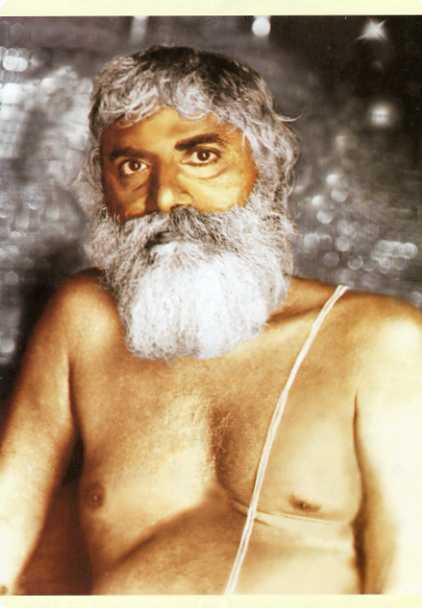Pujya Shree Rang Avadhoot Maharaj
Pujya Shree Rang Avadhoot Maharaj (Panduranga Vitthala Valame) or well known as Pujya Bapji - descent on November, 21, 1898, Kartika Sukla 9, V.S. 1955 - Birth place, Godhra, Gujarat, India. With bright student career joined Indian Independence movement. Snataka (Graduate) - served for a short period as a teacher - participated actively in social and political activities - left all these and went to Nareshwar, Gujarat, India in the year 1925 on the bank of the Holy River Narmada for penance and realised the ultimate truth to live in tune with Infinity.
Pujya Bapji stayed with holy mother, Rukmamba, guided many on spiritual path, wrote many works, inspired many for social and religious activities, and removed miseries of all types, such as physical, mental, spiritual. He did these by his spiritual powers. (Duva-Benediction). He heavily stressed upon Indian culture, and believed in practice. He did not accept any gift or money.
Pujya Bapji left the world bodily on November, 19, 1968 (Kartika Krsna 30) at Haradvara, UP, India on the bank of the Holy River Ganges. The body was brought to Nareshwar and cremated on November, 21, 1968.

